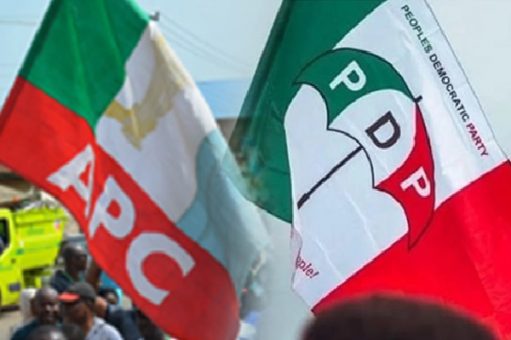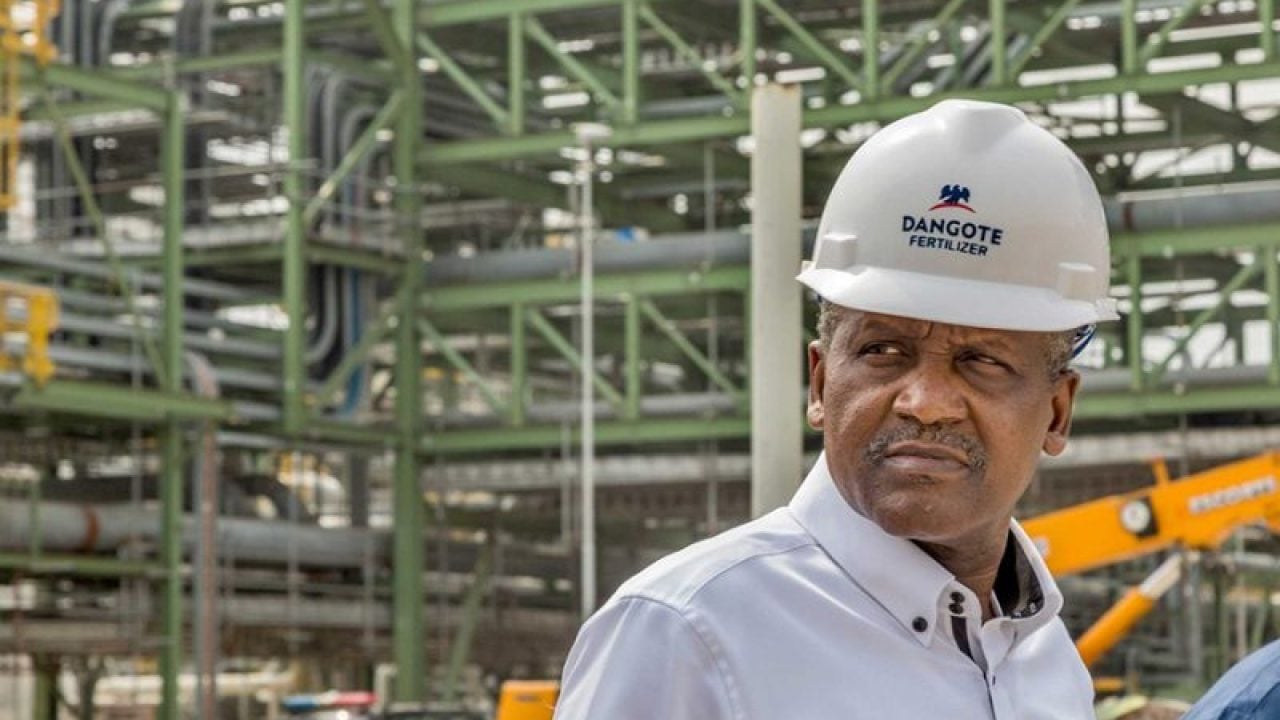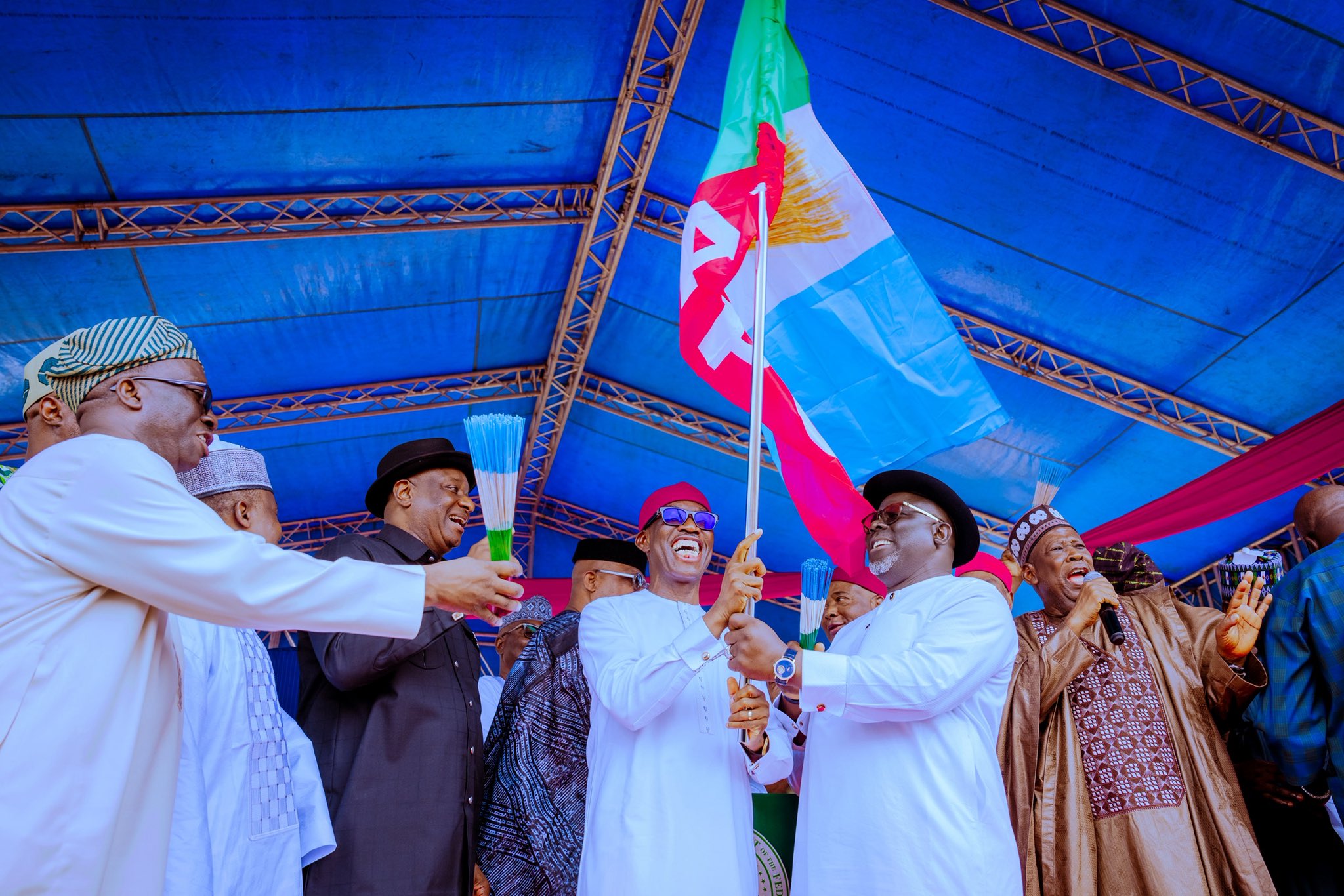The political landscape in Nigeria is witnessing a seismic shift as several prominent governors from opposition parties, including the Peoples Democratic Party (PDP), defect to the ruling All Progressives Congress (APC), igniting widespread criticism and accusations of coercion and opportunism.
Delta State Governor, Sheriff Oborevwori, along with his predecessor and PDP’s 2023 Vice Presidential candidate, Ifeanyi Okowa, and several key party members, made a controversial move to join the APC. The announcement, which took place in Asaba following a marathon meeting, was confirmed by Senator James Manager, who stated that the entire PDP structure in Delta had decided to align with the APC. Oborevwori's defection has raised questions about the true motivations behind the shift, with some political analysts suggesting that it could be an attempt to secure political favors in the run-up to the 2027 general elections.
Critics, including PDP's Deputy National Youth Leader Timothy Osadolor, have alleged that the APC is using state machinery to pressure governors into switching allegiance. Osadolor claims that the EFCC, ICPC, and other institutions are being weaponized to force defections, further accusing the APC of offering protection and perks in exchange for political loyalty. In a similar vein, Chief Olabode George, former Deputy National Chairman of the PDP, criticized the governors for defecting to the APC, which he described as “unorganized,” calling the move a betrayal of the PDP’s core values.
However, the APC has welcomed the defectors with open arms, asserting that they are joining the party out of their belief in President Bola Tinubu’s "Renewed Hope" agenda. APC spokespersons, including Felix Morka and Duro Meseko, have dismissed accusations of coercion, claiming that the defections are voluntary and motivated by the APC’s commitment to national progress and stability.
As the defections continue, speculation grows about other PDP governors and key figures potentially making similar moves. Political watchers are now turning their attention to the 2027 elections, where the political realignments of today may shape the outcome of the future. While the PDP faces a difficult battle to maintain its relevance in the face of this mass exodus, the APC sees these developments as a sign of its growing dominance in Nigeria's political landscape.




